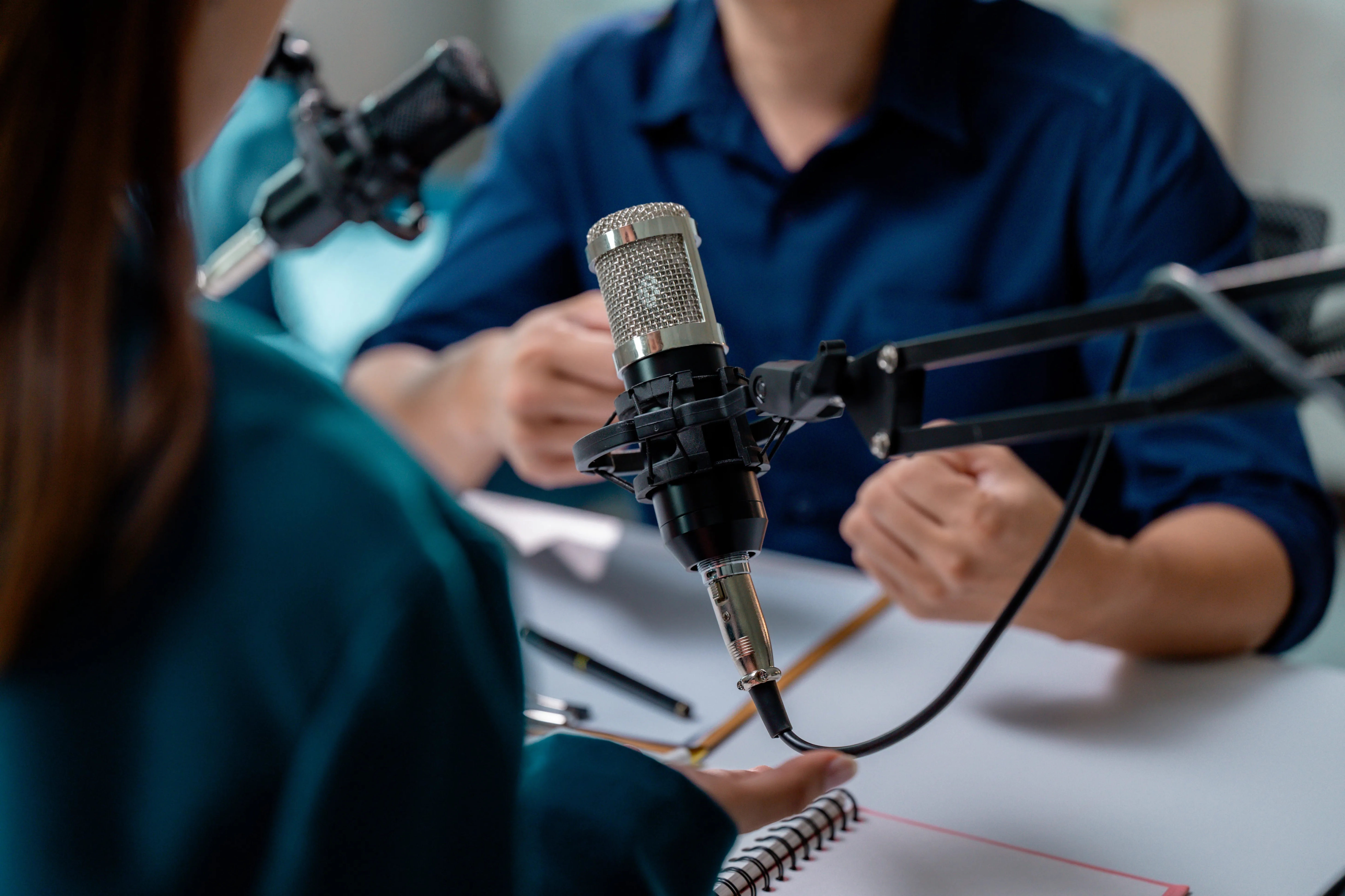
Deposition Recording Equipment: Capturing Testimony with Precision and Integrity
In legal proceedings, few moments are as critical as a deposition. These sessions often serve as the foundation for courtroom strategy, evidence evaluation, and even case outcomes. Ensuring that every word, expression, and tone is captured with accuracy requires advanced deposition recording equipment tailored specifically for the demands of the legal industry.
Modern AV solutions have transformed the way depositions are conducted. From high-definition video capture to multi-channel audio systems, today’s tools provide the clarity, reliability, and security required for accurate testimony documentation.
The Critical Role of Recording in Depositions
Depositions are not just about what’s said—they’re about how it’s said. The expression on a deponent’s face, the intonation in their voice, and the precise wording of their response all carry weight. If the recording is unclear or incomplete, legal teams may lose critical context that affects the outcome of a trial.
Deposition recording equipment is designed to ensure that nothing is missed. These systems combine synchronized video and audio capture with timestamped playback capabilities, creating a full record that can be reviewed, referenced, and shared as needed.
From solo witness interviews to multi-party depositions involving remote participants, professional-grade recording tools support legal teams in capturing testimony accurately and consistently.
Components of a Professional Deposition Setup
An effective deposition recording system incorporates multiple technologies, all working together seamlessly. High-resolution PTZ (pan-tilt-zoom) cameras provide flexible video capture angles, ensuring a clear view of the deponent without intruding on the space. Directional microphones and multi-channel audio recorders capture each speaker’s voice distinctly, even in group settings.
Control panels or recording interfaces allow operators to monitor quality in real time, cue up timestamps, and annotate important sections during the session. These features streamline the legal review process and enhance the usability of recorded content.
Secure storage and data encryption are equally important. Legal recordings must be protected against tampering, loss, or unauthorized access. That’s why modern solutions offer encrypted file formats and integrated archiving options to comply with legal privacy requirements.
Tailored Solutions for Legal Environments
Every deposition setting is different. Some are held in formal conference rooms, others in law offices or remote locations. Flexibility and portability are key. CTI provides deposition recording equipment that adapts to these varying needs, offering both permanent installations and mobile kits for on-the-go use.
Their team designs systems that match the acoustic and lighting characteristics of the space while ensuring compliance with court standards. Whether integrating with a firm’s broader AV infrastructure or building a stand-alone solution, CTI focuses on usability, reliability, and discretion. Visit CTI’s deposition recording equipment page to explore how their technology supports legal accuracy and efficiency.
Industry Insight into Legal AV Standards
Across the AV industry, there is a growing recognition of how critical quality recording is to legal integrity. In a feature by AVNation on recording technologies in high-stakes environments, experts discuss how deposition tools are evolving to meet the stringent requirements of legal professionals. The piece highlights the demand for systems that offer crystal-clear playback, secure data management, and easy integration with legal workflows.
These trends point to a future where AV support is not a luxury in legal settings—it’s a necessity.
Supporting Legal Strategy with Better Tools
High-quality deposition recordings do more than document proceedings. They support case strategy, enable better cross-examination, and provide evidence that holds up in court. When attorneys have access to accurate, clearly recorded testimony, they are better equipped to identify inconsistencies, build timelines, and validate or challenge witness accounts.
As remote and hybrid depositions become more common, the need for dependable recording technology only grows. Systems must be capable of capturing remote participant video and audio with the same fidelity as in-room witnesses, and they must ensure that all content remains secure and admissible.
Looking Ahead: Future Innovations in Legal Recording
The future of deposition recording equipment lies in automation, intelligence, and integration. AI-assisted transcription, voice tagging, and metadata generation are already making their way into AV workflows. Soon, legal teams may benefit from searchable video databases or real-time analytics that highlight significant moments during a deposition.
These advancements promise greater efficiency, but they also require a strong AV foundation. Courtroom-ready recording starts with selecting the right equipment and ensuring it is installed and maintained by experienced professionals.
To learn more about professional AV systems for legal environments, contact CTI today or visit CTI’s deposition recording equipment page for a closer look at their tailored solutions.
Talk to Us About Your Project
Too busy to chat right now?
Send us a message.

